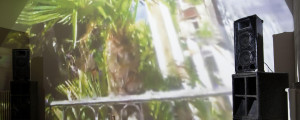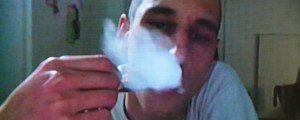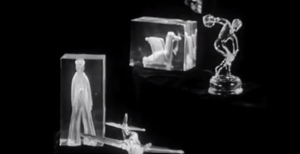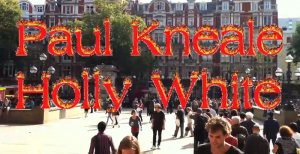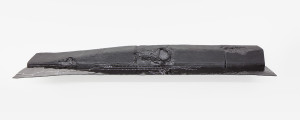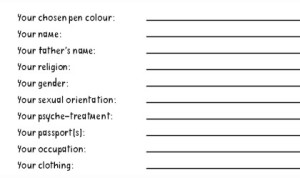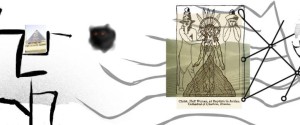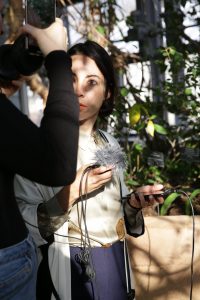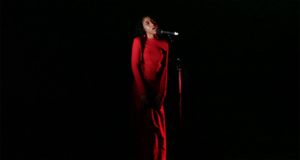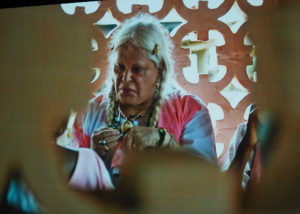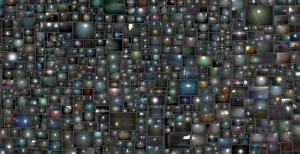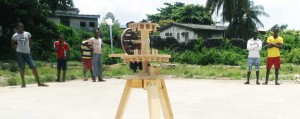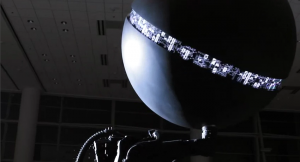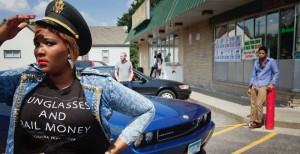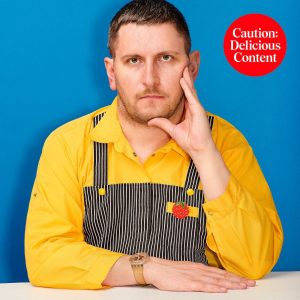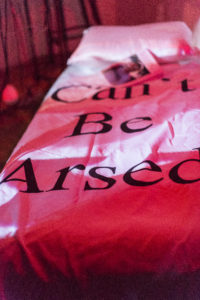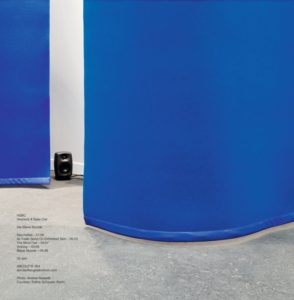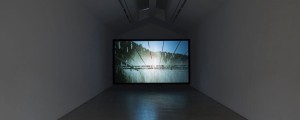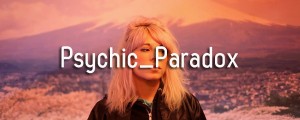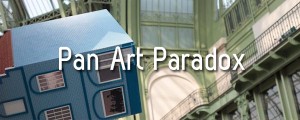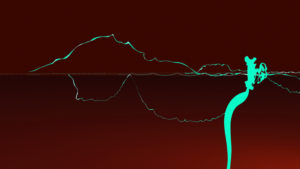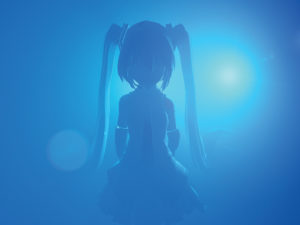Now that the apocalypse has passed, the time has come to figure out where we’re headed. That’s certainly the sense one gets when juxtaposing last year’s The End-themed Unsound Festival in Krakow with CTM’s The Golden Age in Berlin. Oddly, where the contrasting programme titles imply doom and hopelessness, progress and innovation respectively, they both share a common thread in that they appear to be communicating in opposites. That’s why the overriding themes of CTM and its corresponding art and culture-centred counterpart, transmediale, concentrate on deep self-assessment, re-evaluation and a look to an exhilarating and sometimes frightening future –all with the benefit of hindsight.
The outcome is one of confusion and a feeling of helplessness; if not in the physical impossibility of attending all the discussions, workshops, exhibitions and performances taking place on either side of the river Spree, then in reflecting the same sense of information overload that every voracious human-cum-digital-data-processor experiences on a regular basis. Apart from the distinction between the music-related projects and everything else, there’s a practical, though significant division made between the two worlds of transmediale and CTM. Where the privileged position of the art of transmediale is centred at the Das Haus der Kulturen der Welt (The House of World Cultures) in Berlin’s political heart of Mitte, music is relegated to where it belongs; on the vibrant cultural fringe of cheap real estate and free artistic expression around the south-eastern regions of Neukölln and Kreuzberg.
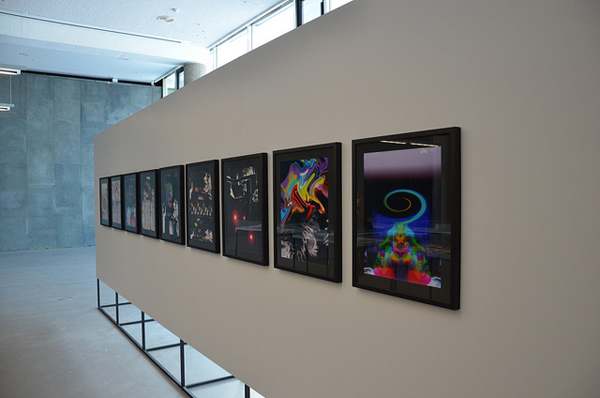
That blurred distinction between art and economics is a recurrent theme in discussion on either side of the dual festival circuit. Steve Warwick, of looping sensory experiment Heatsick, attests to eschewing his fine art background in favour of the freedom and spontaneity of live music performance. Sonia Landy Sheridan, the proto-psychedelic generative artist pioneering in machine processes also actively avoided the restrictions of a gallery career, while doctoral candidate Holly Herndon takes her scholarly experiments in embodied laptop performance and vocal processing to the famous Berghain instead of a sound lab. Even artist and academic Terre Thaemlitz, famous for releasing a 32+ hour long album Soulnessless on mp3, expresses a similar sentiment in conversation with Electronic Beats editor Max Dax. Hers though is a far more cynical reason for choosing music as an outlet for her investigations in identity politics, describing the medium as “a petri dish of all that I hate about society”.
Thaemlitz’ candid statement, “hopeless. Doomed. Everything is shit. No hope,” is a feeling seemingly shared by author and political and cultural theorist, Mark Fisher. He applies his anti-capitalist ideals to a call to reject ‘hope’ as mere distraction, in favour of mobilisation against the evils of neoliberalism, while loosely relating that to his belief that there is nothing truly new in music anymore. That’s an idea that is both reinforced and destroyed by Oxford PhD candidate in Musicology Adam Harper in his dissection of a new online music phenomenon, known as ‘vaporwave’, with the likes of James Ferraro, Fatima Al Qadiri and Gatekeeper at the helm. For Harper, these artists’ simultaneous rejoice and implicit critique of corporate culture echoes the “technofuck buzz” of Nick Land’s Machinic Desire and display some, but not all, of the characteristics of a contemporary philosophy of Accelerationism.
Equally exhilarating and disturbing as Harper’s Virtual Plaza is an examination of the so-called ‘ruling classes’ of the new world order. Artist Andrew Norman Wilson exposes the problematic caste system of the Google Empire in Workers Leaving the Googleplex, as well as the parallels with Aldous Huxley’s dystopian fiction, Brave New World. Digital activist Marcel Mars, on the other hand, takes a more practical approach to his privately held anarchist ideals, by revealing the digital infrastructure of those major informational monopolies such as Google, Facebook, Amazon and eBay (GFAeB). He encourages active engagement and public investment in free open source software, in striving toward an economic and political balance.
Incidentally, keeping off Google search results is a constant battle for poet and ubuweb founder Kenneth Goldsmith, who encourages crowdsourcing as a vehicle for positive change in response to criticism that his archive of avant garde educational resources lacks diversity. His desire to collect and classify comes with the surplus of information available through the internet, which is why his advice is that every one of us should take on the role of archivist as a result and above all, “don’t trust the cloud”. Goldsmith even notes that since the dawn of file-sharing sites like Napster, the way media is filed and displayed has changed the way we all interact with it, shifting the connections and articulations between genres, ideas and artists.
So, now that the end is passed and the future can begin, it’s recontextusalisation, redefinition and making sense that is the goal for all of us. Festivals like CTM and transmediale are trying to do just that.
CTM runs in various venues in Berlin, Germany annually.
